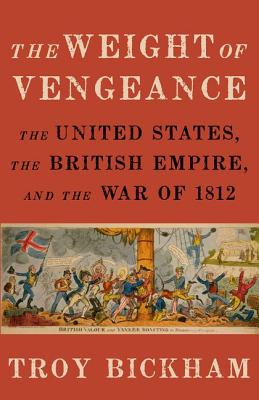Expedite your nonfiction book discovery process with Readara interviews, summaries and recommendations, Broaden your knowledge and gain insights from leading experts and scholars
In-depth, hour-long interviews with notable nonfiction authors, Gain new perspectives and ideas from the writer’s expertise and research, Valuable resource for readers and researchers
Optimize your book discovery process, Four-to eight-page summaries prepared by subject matter experts, Quickly review the book’s central messages and range of content
Books are handpicked covering a wide range of important categories and topics, Selected authors are subject experts, field professionals, or distinguished academics
Our editorial team includes books offering insights, unique views and researched-narratives in categories, Trade shows and book fairs, Book signings and in person author talks,Webinars and online events
Connect with editors and designers,Discover PR & marketing services providers, Source printers and related service providers

Weight of Vengeance: The United States, the British Empire, and the War of 1812
History > Military - United States
- Oxford University Press, USA
- Paperback
- 9780190217815
- 8.9 X 5.7 X 1 inches
- 1 pounds
- History > Military - United States
- (Single Author) Asian American
- English
Readara.com
Book Description
Monroe had a point, writes Troy Bickham. In The Weight of Vengeance, Bickham provides a provocative new account of America's forgotten war, underscoring its significance for both sides by placing it in global context. The Napoleonic Wars profoundly disrupted the global order, from India to Haiti to New Orleans. Spain's power slipped, allowing the United States to target the Floridas; the Haitian slave revolt contributed to the Louisiana Purchase; fears that Britain would ally with Tecumseh and disrupt the American northwest led to a pre-emptive strike on his people in 1811. This shifting balance of power provided the United States with the opportunity to challenge Britain's dominance of the Atlantic world. And it was an important conflict for Britain as well. Powerful elements in the British Empire so feared the rise of its former colonies that the British government sought to use the War of 1812 to curtail America's increasing maritime power and its aggressive territorial expansion. And by late 1814, Britain had more men under arms in North America than it had in the Peninsular War against Napoleon, with the war with America costing about as much as its huge subsidies to European allies.
Troy Bickham has given us an authoritative, lucidly written global account that transforms our understanding of this pivotal war.
Author Bio
Troy Bickham is a Professor of History. Having joined Texas A&M in 2003, he served in various roles at the university’s campus in Qatar from 2009-19, before returning to the Department of History. He teaches broadly in the histories of Britain and its empire, the Atlantic world, and British colonial North America during the seventeenth, eighteenth, and early-nineteenth centuries. He is an elected Fellow of the Royal Historical Society.
Bickham has written on a variety of topics and published in multiple leading journals, including Past & Past Present, Journal of British Studies, and the William and Mary Quarterly. He is the author of four monographs: Savages within the Empire (2005), which explores how encounters with Native Americans affected British culture in the eighteenth century; Making Headlines (2008), which examines British engagement with the American Revolution via the British newspaper press; and The Weight of Vengeance (2012), which is a transatlantic study of the Anglo-American War of 1812. His most recent book, Eating the Empire (2020), investigates how food from around the world shaped British culture in the eighteenth century. He is currently working on a project that maps the movement of news in early modern Britain and its empire.
Source: Texas A&M University
Videos




Community reviews
No Community reviews

